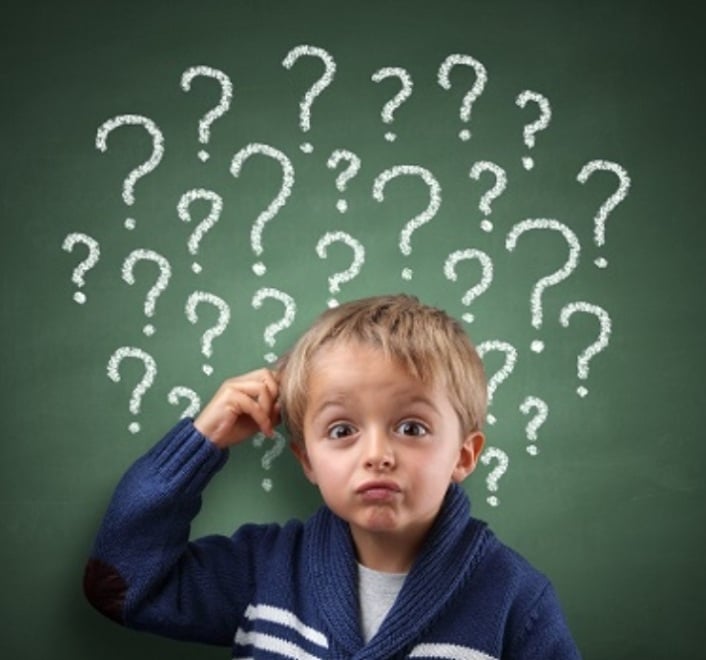Homeschooling vs Public Schooling

The journey of education is a pivotal aspect of a child's development. In this expedition, families often find themselves at a crossroad, having to choose between homeschooling and public schooling. Both pathways offer distinct experiences, and evaluating the nuances of each can help parents make informed decisions tailored to their child's needs.
Decoding the Curriculum
Public schools adhere to a standardized curriculum set by government authorities. This ensures a uniform learning experience for all students. On the contrary, homeschooling allows parents the freedom to tailor the curriculum to their child's specific interests and learning pace.
Flexibility: A Matter of Scheduling and Pace
Homeschooling shines in its flexibility, letting parents and students decide the schedule, pace, and even the style of learning. Conversely, public schools operate on fixed timetables, which may sometimes not cater to the individual pace of every learner.
The Learning Environment Conundrum
Public schools offer a collaborative environment where students can learn from one another. Homeschooling, however, provides a personalized setting, focusing on individual needs. Both approaches have their merits: one fosters social skills while the other offers tailored attention.
Teacher-Student Ratio: A Closer Look
Public schools often grapple with overcrowded classrooms, sometimes accommodating more than 40 students in a single space. This scenario can potentially limit the attention a teacher can provide to each child. Homeschooling, on the other hand, usually boasts a one-to-one teacher-student ratio, ensuring personalized attention.
Cost-Effectiveness
Homeschooling may appear as a cost-effective alternative since it eliminates expenses related to tuition, transportation, and school supplies. However, it's crucial to consider other potential costs such as specialized resources or the possible need for a parent to stay home.
Socialization: Striking a Balance
Public schools naturally foster socialization through peer interactions. While homeschooling can seem limiting in this aspect, parents can bridge this gap by involving their children in community activities, sports, and social groups.
Accountability in Education
Public schools are accountable to state standards and regulations, ensuring a baseline quality of education. Homeschooling parents bear the responsibility of aligning their child's education with government regulations, ensuring it is up to par.
Conclusion: A Personalized Decision
Ultimately, the choice between homeschooling and public schooling hinges on a family's unique situation and a child's specific needs. Both paths offer their sets of advantages and disadvantages. It's essential for parents to weigh these factors carefully, considering the academic, social, and personal growth of their child. Whether it is the personalized attention of homeschooling or the social environment of a public school, the decision should align with the aspirations and needs of the family and the child.